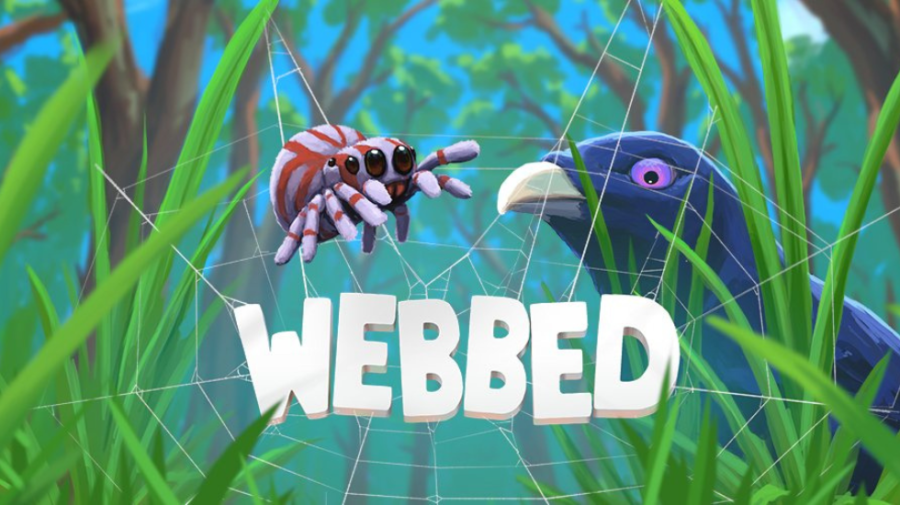On Sept. 19, Rutgers University student Dharun Ravi secretly recorded his roommate, 18 year old Tyler Clementi, in their dorm room kissing another man.
Days later, Ravi allegedly posted a Twitter message saying, “Anyone with iChat, I dare you to video chat me between the hours of 9:30 p.m. and 12 a.m..” Ravi had set up his computer to broadcast a live feed from his dorm room while Clementi was in the room with another male.
The ensuing scandal and shame that Clementi felt from this gross invasion of privacy led him to commit suicide, leaping off the George Washington Bridge in New Jersey.
This incident, along with a recent wave of self-induced deaths at Cornell University, have led people and experts scratching their heads. What is causing this sudden rise in student suicides? And are social networking sites like Facebook and Twitter adding fuel to the fire?
Anyone who’s ever been through middle and high school knows that bullying is a simple fact of life. Most people have been on both ends of the spectrum, victim and culprit. But there is a thin line between bullying and harassment.
In the already stressful environment that college can be, harassment by a peer can feel like a whole other set of weights placed on ones shoulder.
College is meant to be a place where you can be yourself. It’s supposed to be the first step towards adulthood and away from the childishness people experience in high school.
Unfortunately it takes some people a little longer to grow up than others. And with the advent of the Internet and sites that allow you to share media instantly, this bullying and harassment has gone to another level.
Before, a victim of a bully could confront the person face to face. Rumors might spread between a group of people or campus but it never really went further than that.
But now with Facebook, YouTube and other social media like it, a video or “status update” can be posted and literally within seconds, be seen by people all around the world. It’s a humiliation that can’t be contained.
Something like this can be overwhelming for the victim and unfortunately, as we’ve seen recently, can make them take drastic measures.
While it’s basically impossible to ever stop bullying, there are resources available to those that suffer from it.
The American Foundation for Suicide Prevention (619-957-5849) has offices in San Diego that reach out to individuals and help them through tough times.
On campus, there are the Mental Health counselors, of which many students don’t even know can access.
However, sometimes all a person in these situations really needs is someone to talk to and friends and family should be the first line of defense against such a tragedy.







